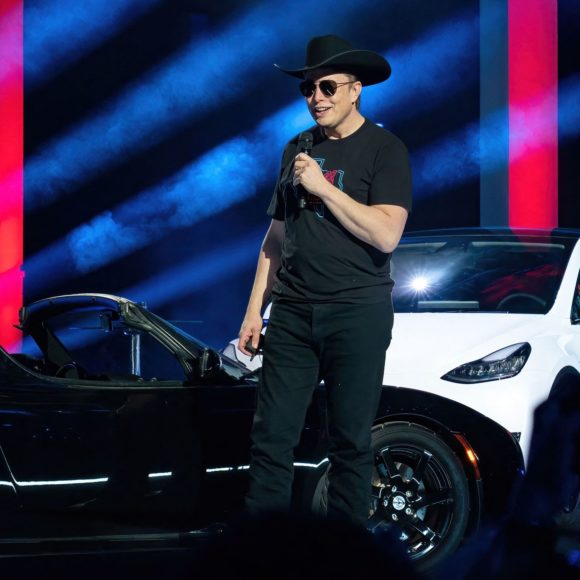Elon Musk is buying Twitter.
The announcement came the same day that Twitter announced that it was blocking climate change deniers.
I don’t know for sure if there really is significant climate change going on caused by fossil fuel usage, and I doubt anybody does. To me, the economic and societal rationale for Twitter is to provide a vehicle to discuss just about any topic online. When the “progressive” managers of Twitter felt the topic was too dangerous to allow differing opinions, it left itself wide open to a brilliant business person like Musk to step in with his fortune, his reputation for remarkable business success where others have failed, and his contrarian opinions.
From a business standpoint, Twitter stock floundered in recent years, but it’s still a pivotal franchise in the online world of connection, alongside Google and Facebook, which are phenomenally profitable. I think Musk sees an opening that others, especially Twitter’s in-group of managers, have missed, to allow for a wider berth of freedom of speech and disagreement.
Over the past few years, particularly with climate change and COVID-19, “follow the science” has become code for don’t dare disagree with the consensus view. Musk, the contrarian, saw the moment to challenge the followers.

Elon Musk’s business career has made him America’s richest man and an American icon. He is an immigrant from South Africa. He left as a teenager to avoid the draft, not wanting to defend apartheid in its last days. His father was an engineer and his mother was a fashion model. Musk moved to Vancouver to go to college, then transferred to Penn to get his degrees in physics and business, and then attended Stanford for three days of grad school. He knew his career would be as an entrepreneur, and what better place than Silicon Valley to pursue it.
Musk sold a video game back in South Africa when he was 14 for his original bankroll. He developed an Internet mapping program after leaving Stanford, which he eventually sold to Compaq Computer. He used that stash to start an online money transfer system with other developers that morphed into PayPal, which eventually was bought by eBay.
That large bankroll enabled Musk to make a significant investment in Tesla in 2004 and become the company’s Chairman of the Board. Contrary to popular belief, Musk did not start Tesla, though a lawsuit settlement agreed to in 2009 allowed him to call himself a cofounder. The folklore says that Musk and original Tesla co-founder, Martin Eberhard, saw an electric car prototype powered by 7,000 Sony camcorder batteries and asked the inventors if they could license the technology.
Tesla was not based on a new idea. General Motors had seen the opportunity to build such a vehicle in the 1990s and built a creative early version called EV1 from 1996 to 1999. They likely stopped building them for a number of possible reasons, one being that they feared it would destroy the image of their highly profitable gasoline powered cars. The company subsequently destroyed every single electric car they had built, fearful of leaving a speck for an industrious dude like an Elon Musk to study. One EV1 is in the Smithsonian, and Director Frances Ford Copola was allowed to keep his.
The irony was that by 2010, the idea of carbon fuel powered cars destroying the planet was catching fire around the world. Yet, until the last few years, selling Tesla cars had not actually made a profit. The company had stayed afloat by collecting Federal grants for each gas powered car sold in America.
How poetic that Twitter, which has become the mouthpiece of climate change believers, was bought by Elon Musk, whose battery powered car was subsidized by billions of dollars from the sale of gas guzzlers.
That’s business.
That’s Musk, laughing all the way to the bank.
Question: Should people be able to say whatever they want on Twitter?

